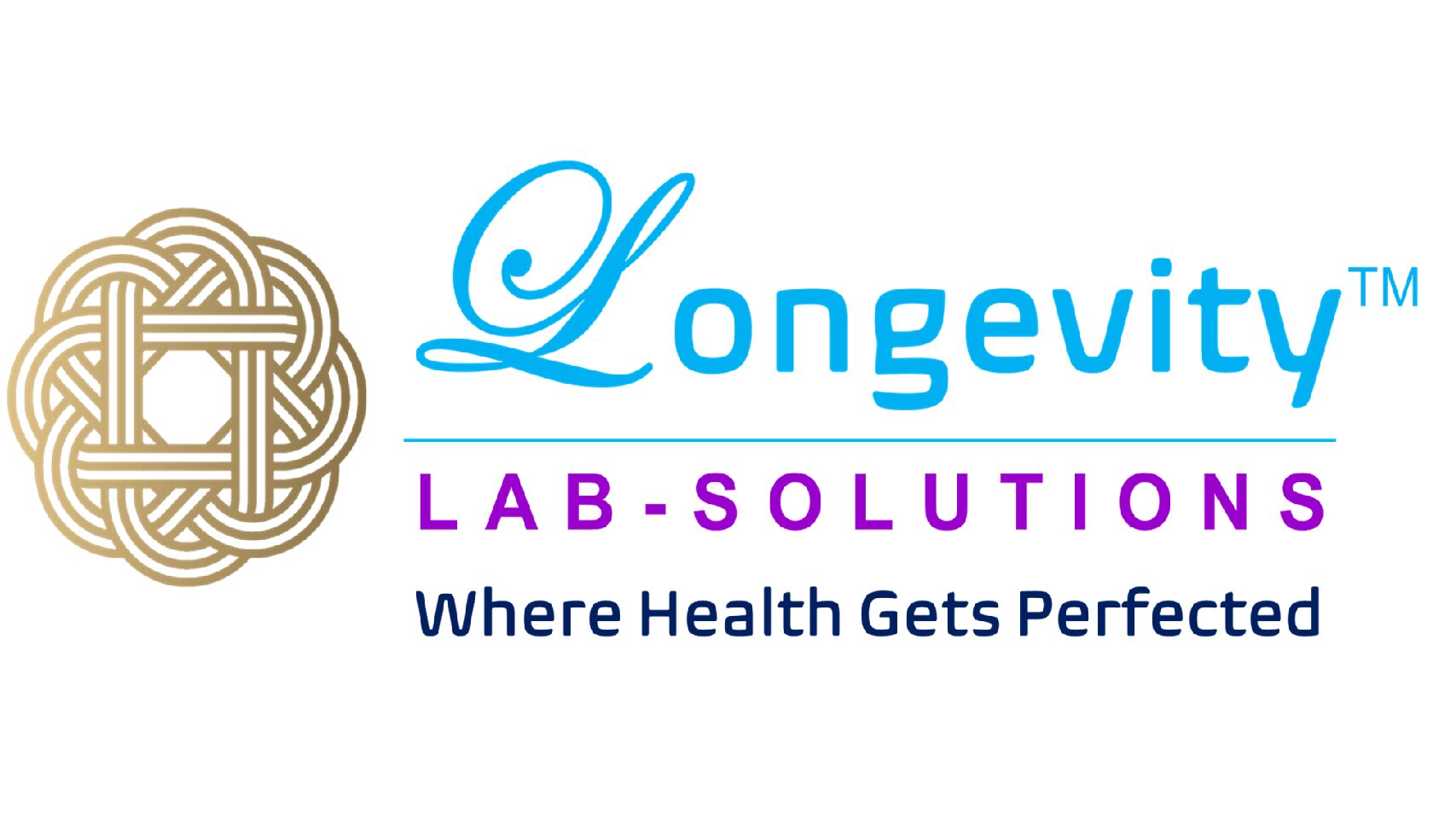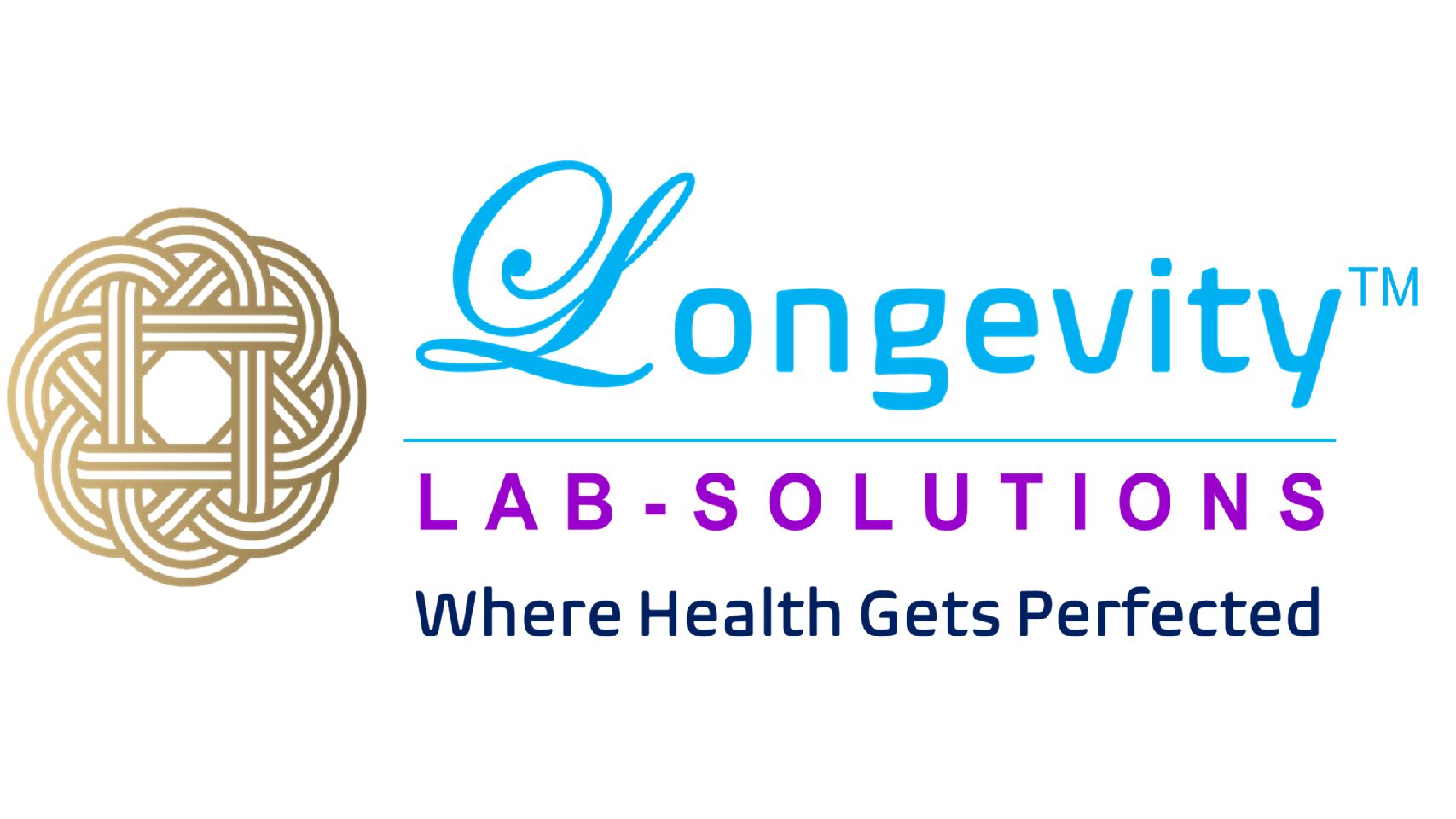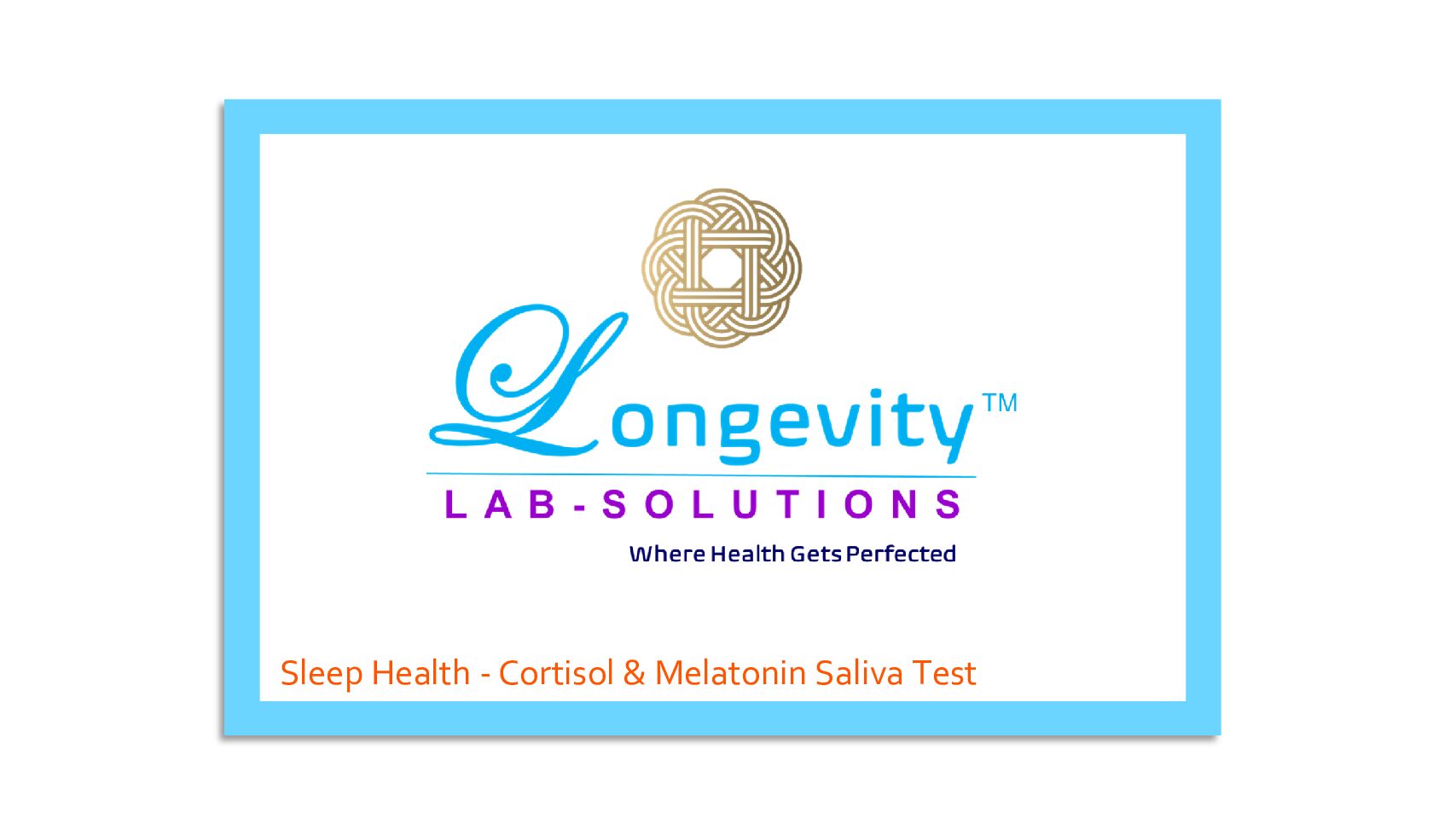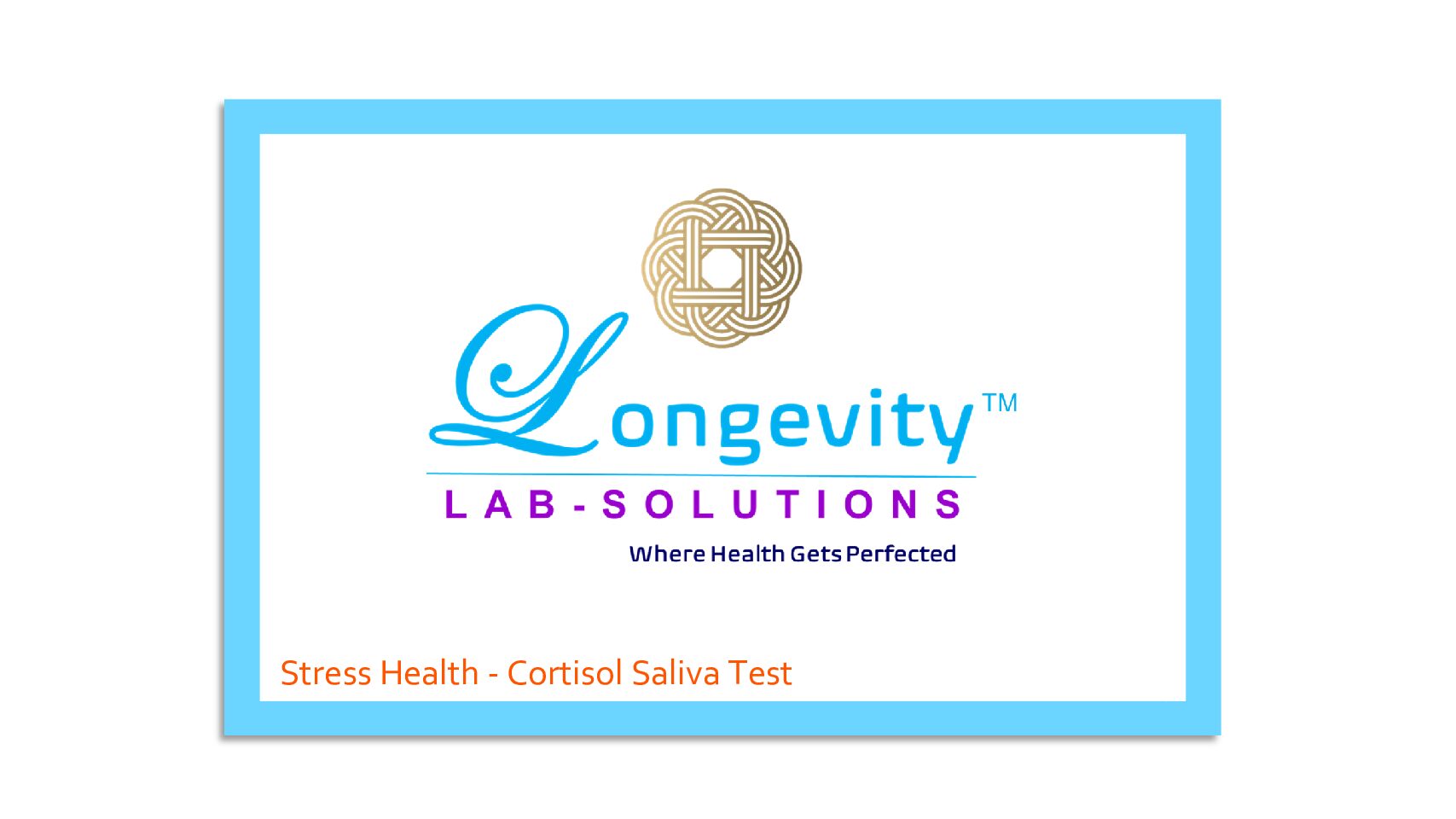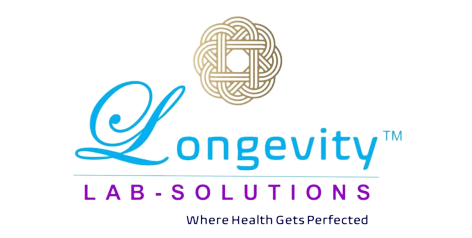Sleep Health – Cortisol & Melatonin Saliva Test
$150.00
Sleep and health are closely interconnected, and getting sufficient, restful sleep is essential for overall well-being and optimal functioning of the body and mind. Adequate sleep is considered one of the pillars of a healthy lifestyle, along with a balanced diet and regular physical activity.
- Cortisol and Sleep Onset: In healthy individuals, cortisol levels drop in the evening, reaching their lowest point around midnight. This decrease is thought to facilitate sleep onset. If cortisol levels are high in the evening, which may happen during periods of high stress, it can make it more difficult to fall asleep.
- Sleep and Cortisol Awakening Response: Within 30-45 minutes of waking up, cortisol levels typically rise significantly. This is known as the Cortisol Awakening Response (CAR) and is thought to help prepare the body for the upcoming day. However, if sleep is disrupted or inadequate, the CAR may be blunted or exaggerated.
- Melatonin and Regulation of Sleep-Wake Cycle: Melatonin helps regulate your body’s internal clock, signaling when it’s time to go to sleep and when it’s time to wake up. People who have difficulty falling asleep or staying asleep often have disrupted melatonin cycles.
This test measures Cortisol collected in the morning, midday and evening, and Melatonin collected in the evening.
2 Analytes Tested: Cortisol (3 samples collected am, midday, pm), Melatonin
Description
Sleep, cortisol, and melatonin are intricately linked and play essential roles in regulating the body’s sleep-wake cycle and overall health. Understanding how these hormones interact can shed light on the importance of maintaining a balanced sleep pattern. Prioritizing good sleep hygiene, minimizing disruptions to the sleep-wake cycle, managing stress effectively, and ensuring exposure to natural light during the day can all contribute to a well-regulated circadian rhythm and optimal sleep. Here’s how sleep, cortisol, and melatonin are connected:
- Circadian Rhythm: The body’s internal clock, known as the circadian rhythm, regulates the sleep-wake cycle. This rhythm is primarily influenced by the levels of cortisol and melatonin in the body. Cortisol and melatonin work in a complementary manner to help regulate sleep and wakefulness.
- Cortisol and the Wake-Up Phase: Cortisol levels typically follow a diurnal pattern, with higher levels in the morning to help us wake up and face the day. This surge in cortisol, often referred to as the “cortisol awakening response,” helps increase alertness and prepares the body for daily activities. It acts as a natural alarm clock, signaling the body to wake up.
- Melatonin and the Sleep Phase: In contrast to cortisol, melatonin is a hormone that promotes sleep and is often called the “sleep hormone.” The pineal gland in the brain releases melatonin as darkness falls, signaling the body that it’s time to sleep. Melatonin levels peak during the nighttime hours, promoting sleepiness and helping regulate the sleep-wake cycle.
- Sleep-Wake Cycle Regulation: The interplay between cortisol and melatonin helps maintain a well-regulated sleep-wake cycle. Cortisol helps us wake up and feel alert in the morning, while melatonin induces sleepiness at night. This coordinated dance between the two hormones ensures that our sleep-wake patterns remain consistent and balanced.
Overview
Testing cortisol and melatonin levels can provide valuable insights into sleep health and circadian rhythm regulation. These tests are often recommended in specific situations to help diagnose sleep disorders, evaluate circadian rhythm disturbances, or assess hormonal imbalances that may be affecting sleep quality.
Sleep And Cortisol
Sleep and cortisol have a significant relationship that plays a crucial role in maintaining the body’s overall health and well-being. Cortisol is a hormone produced by the adrenal glands in response to stress, and it plays a vital role in the body’s stress response system. Its secretion is regulated by the body’s internal clock, also known as the circadian rhythm, which is influenced by the sleep-wake cycle.
Here are some important aspects of the relationship between sleep and cortisol:
-
Cortisol Levels Throughout the Day: Cortisol levels typically follow a diurnal pattern, with the highest levels in the morning, shortly after waking up, and the lowest levels at night. This pattern is part of the body’s natural circadian rhythm, which helps regulate various physiological processes, including sleep-wake cycles.
-
Sleep Quality and Cortisol: Adequate and restful sleep is essential for maintaining a healthy cortisol rhythm. Disruptions in sleep patterns, such as sleep deprivation or irregular sleep schedules, can lead to abnormal cortisol fluctuations. Chronic sleep disturbances may result in increased cortisol levels at inappropriate times, which can contribute to stress-related health issues.
-
Cortisol and Stress Response: Cortisol is often referred to as the “stress hormone” because it is released in response to various stressors, whether they are physical, emotional, or psychological. A proper balance of cortisol is necessary for a healthy stress response, helping the body cope with challenges and return to a state of relaxation once the stressor is removed.
-
Sleep and Stress Regulation: Getting sufficient sleep is crucial for effective stress regulation. During deep sleep stages, the body undergoes restorative processes that help reduce stress and promote relaxation. When individuals experience chronic sleep deprivation or poor sleep quality, their ability to manage stress effectively may be compromised, leading to potential imbalances in cortisol levels.
-
Impact of Sleep Deprivation on Cortisol: Sleep deprivation or chronic poor sleep can elevate cortisol levels, contributing to increased stress and its associated negative effects. High cortisol levels over extended periods have been linked to various health issues, including anxiety, depression, immune system suppression, and metabolic disturbances.
-
Cortisol and Sleep Disorders: In certain sleep disorders, such as sleep apnea, cortisol levels can be affected. Sleep apnea, a condition where breathing temporarily stops during sleep, can lead to increased cortisol secretion, further impacting sleep quality and overall health.
It is evident that a well-regulated sleep-wake cycle is essential for maintaining healthy cortisol levels and effective stress management. Prioritizing good sleep hygiene, maintaining a consistent sleep schedule, creating a relaxing bedtime routine, and addressing any sleep-related issues promptly can all contribute to a balanced cortisol rhythm and overall well-being. If you suspect that your sleep or stress levels are impacting your health, it’s essential to seek guidance from a healthcare professional for appropriate evaluation and intervention.
Sleep And Melatonin
Sleep and melatonin are intimately connected, as melatonin is a hormone that plays a crucial role in regulating the sleep-wake cycle. Melatonin is often referred to as the “sleep hormone” because it is primarily responsible for inducing sleepiness and promoting a restful sleep state. Here’s how sleep and melatonin are related:
-
Natural Sleep-Wake Regulation: Melatonin is produced by the pineal gland in the brain in response to darkness. As daylight diminishes in the evening, melatonin levels start to rise, signaling to the body that it’s time to wind down and prepare for sleep. This increase in melatonin promotes sleepiness and helps regulate the timing of the sleep-wake cycle.
-
Circadian Rhythm: The production of melatonin follows a natural circadian rhythm, which is the body’s internal clock. Melatonin levels typically start to rise in the evening, peak during the night, and decrease in the morning when daylight returns. This cyclical pattern helps synchronize our sleep and wakefulness with the natural day-night cycle.
-
Jet Lag and Shift Work: Changes in time zones, as experienced during jet lag, can disrupt the body’s circadian rhythm and melatonin production. Shift workers who experience irregular sleep schedules may also struggle with melatonin secretion, making it challenging to adapt to changing sleep-wake patterns.
-
Sleep Disorders: Disruptions in melatonin production can contribute to sleep disorders. For example, individuals with delayed sleep phase disorder may have delayed melatonin secretion, leading to difficulty falling asleep at a socially acceptable bedtime. On the other hand, those with advanced sleep phase disorder may experience earlier-than-desired melatonin secretion and difficulty staying awake in the evening.
-
Melatonin Supplementation: Melatonin supplements are sometimes used as a sleep aid for individuals with insomnia or those who need assistance with adjusting their sleep-wake cycle due to factors such as jet lag or shift work. Melatonin supplements can help promote sleepiness and improve sleep quality when used under appropriate guidance and dosing.
-
Age-Related Changes: Melatonin production tends to decrease with age, which may contribute to changes in sleep patterns and sleep disturbances commonly experienced by older adults.
It’s important to note that while melatonin plays a significant role in sleep regulation, other factors, such as lifestyle habits, stress, and sleep environment, also influence sleep quality. Maintaining a consistent sleep schedule, creating a relaxing bedtime routine, and optimizing sleep hygiene practices are essential for promoting healthy sleep patterns in conjunction with melatonin’s natural sleep-promoting effects.
If you are experiencing persistent sleep difficulties or have concerns about your sleep patterns, consider seeking guidance from a healthcare professional or sleep specialist. They can provide personalized recommendations and interventions to improve your sleep health and overall well-being.
Stress and Cortisol
Stress and Cortisol: Chronic stress can impact both cortisol and sleep. Prolonged stress can lead to dysregulated cortisol levels, with cortisol being elevated at inappropriate times, which can interfere with sleep quality and contribute to sleep disturbances.
Cortisol Testing
- Cortisol testing involves measuring the levels of cortisol in saliva at specific times of the day to assess the diurnal cortisol rhythm. This can help identify any abnormalities in cortisol secretion, such as an irregular cortisol awakening response or elevated cortisol levels during the night, which can be associated with sleep disturbances.
- Cortisol testing may be used to evaluate conditions like Cushing’s syndrome (excess cortisol production) or adrenal insufficiency (insufficient cortisol production), both of which can impact sleep patterns and overall health.
- In some cases, cortisol testing can help identify chronic stress and its potential impact on sleep quality and circadian rhythm.
Melatonin Testing
- Melatonin testing involves measuring the levels of melatonin in saliva to assess the natural melatonin production and its diurnal rhythm. This test is usually conducted at specific times during the evening or nighttime when melatonin levels peak.
- Melatonin testing can be helpful in diagnosing circadian rhythm disorders, such as delayed sleep phase disorder or advanced sleep phase disorder, which result from abnormalities in the timing of melatonin secretion.
- It can also be used to evaluate the effectiveness of melatonin supplementation as a sleep aid for individuals with insomnia or jet lag.
Circadian Rhythm
Circadian Rhythm: The body’s internal clock, known as the circadian rhythm, regulates the sleep-wake cycle. This rhythm is primarily influenced by the levels of cortisol and melatonin in the body. Cortisol and melatonin work in a complementary manner to help regulate sleep and wakefulness.
Cortisol and the Wake-Up Phase
Cortisol and the Wake-Up Phase: Cortisol levels typically follow a diurnal pattern, with higher levels in the morning to help us wake up and face the day. This surge in cortisol, often referred to as the “cortisol awakening response,” helps increase alertness and prepares the body for daily activities. It acts as a natural alarm clock, signaling the body to wake up.
Melatonin and the Sleep Phase
Melatonin and the Sleep Phase: In contrast to cortisol, melatonin is a hormone that promotes sleep and is often called the “sleep hormone.” The pineal gland in the brain releases melatonin as darkness falls, signaling the body that it’s time to sleep. Melatonin levels peak during the nighttime hours, promoting sleepiness and helping regulate the sleep-wake cycle.
Sleep-Wake Cycle Regulation
Sleep-Wake Cycle Regulation: The interplay between cortisol and melatonin helps maintain a well-regulated sleep-wake cycle. Cortisol helps us wake up and feel alert in the morning, while melatonin induces sleepiness at night. This coordinated dance between the two hormones ensures that our sleep-wake patterns remain consistent and balanced.
Impact of Disruptions
Impact of Disruptions: External factors, such as artificial light, irregular sleep schedules, and night shift work, can disrupt the natural balance of cortisol and melatonin, leading to sleep disturbances and circadian rhythm disruptions. For example, exposure to bright artificial light in the evening can suppress melatonin production, making it more challenging to fall asleep.
Melatonin as a Sleep Aid
Melatonin as a Sleep Aid: Melatonin supplements are sometimes used as a sleep aid for those experiencing sleep difficulties, such as insomnia or jet lag. By taking melatonin supplements, individuals can help regulate their sleep-wake cycle and improve sleep quality, especially when used under appropriate guidance and dosing.
Specimen Requirements
3 saliva samples collected in the morning right away waking up, at midday and in the evening at 11:30 pm. Samples are refrigerated after collected.
Turn Around Time
3 – 5 days
Price For Test
$149.00
